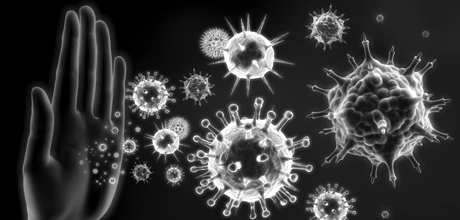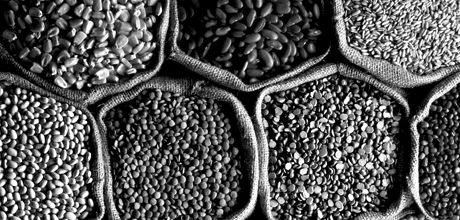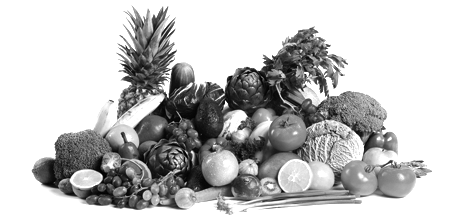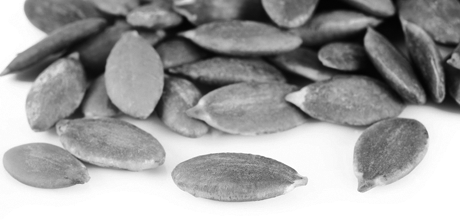
Whatever your ambitions for the year ahead, working out and eating well will always be sound strategies. But which is more effective? Here is a look at the benefits of each on your immune system.
Your immune system can be compromised by a range of factors, from age and obesity to smoking. But it can also be strengthened.
The effect of exercise on immunity is dependent on dosage. There is a theory that intense training – for a marathon, say, or CrossFit – temporarily suppresses the immune system, leading to an ‘open-window’ of heightened infection risk in the hours afterwards. However, recent research suggests that this only applies to pro athletes with six-hours-a-day schedules.
Research shows that a bout of moderate-effort exercise can help the immune system to sweep up pathogens. If your training is more professional, further studies show that increasing your intake of carbs and polyphenol-rich berries and veg can help to offset any damage.
Following a Mediterranean diet – rich in healthy fats and plant-based foods – will boost the microbiome diversity in your gut, while prebiotic foods promote the growth of healthy bacteria.
The decider:
Diet





